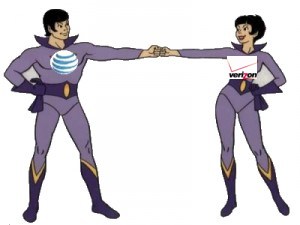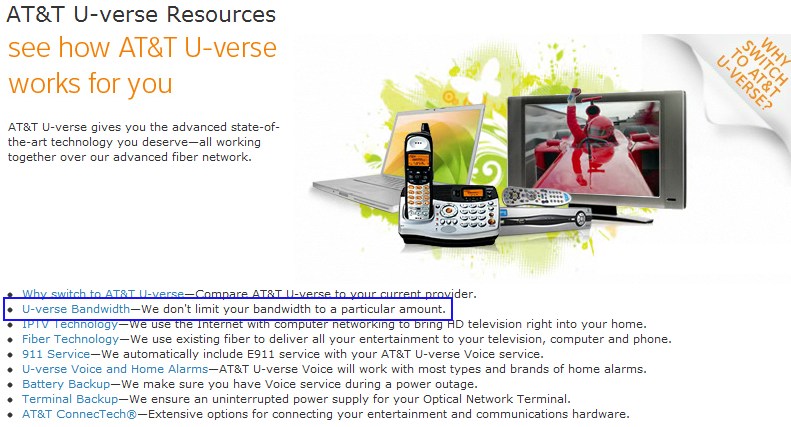 Northern District Mississippi Public Service Commissioner Brandon Presley is unhappy with a new state law that will strip oversight over AT&T. Presley plans to personally file suit in Hinds County Circuit Court against the law, calling it unconstitutional.
Northern District Mississippi Public Service Commissioner Brandon Presley is unhappy with a new state law that will strip oversight over AT&T. Presley plans to personally file suit in Hinds County Circuit Court against the law, calling it unconstitutional.
“It violates the state constitution,” Presley said of the bill during an interview with the Daily Journal. “There’s no doubt AT&T is the biggest in the state, and this bill will allow them to raise rates without any oversight at all.”
House Bill 825 strips away rate regulation of Mississippi landline service and removes the oversight powers the PSC formerly had to request financial data and statistics dealing with service outages and consumer complaints. The law also permits AT&T to abandon rural Mississippi landline customers at will.
The bill’s author, Rep. Charles Jim Beckett (R-Bruce), told the newspaper he doubts the truth of Presley’s predictions that AT&T will raise landline rates in Mississippi and eventually abandon unprofitable rural sections of the state.
Unfortunately for Beckett, AT&T has a track record of raising rates on basic phone service about a year after winning deregulation in other midwestern and southern states. Beckett’s optimism about AT&T’s benevolence may be slightly colored by $2,500 in campaign contributions he received from the phone company and his extensive involvement with AT&T’s legislative agenda through participation in the American Legislative Exchange Council (ALEC), a group with direct ties to AT&T:
It seems that Russell and AT&T picked up the food tab for Rep. Jim Beckett and his wife at the ALEC meeting in at the Westin Kierland Resort in Scottsdale, Ariz. from November 30 to December 2, 2011. AT&T also paid for a few rounds of golf for Rep. Beckett while there. All said and done, AT&T paid $565.39 to cover expenses for Rep. Beckett and his wife on their three day trip to Scottsdale.
But that’s not all. AT&T also picked up the tab for $151.70 worth of food and tickets while Rep. Beckett and his wife were at the Spring ALEC meeting in Cincinnati, OH in late April of 2011. AT&T also paid $22.62 for food for Rep. Beckett and his wife while he attended the 2011 Summer ALEC meeting in New Orleans.
The total amount AT&T gave to Rep. Jim Beckett and his wife in 2011 through Randy Russell? $876.85. The names of the Becketts appear a total of 36 times in AT&T’s 2011 lobbying report, most of it while the Becketts are at ALEC retreats.
Presley has also launched a populist campaign against AT&T, last week telling a fired-up crowd at the Jacinto Festival he will fight AT&T’s bought and paid for law that lets them “raise your rates to whatever they want to.”
Crowds cheered support for Presley as he detailed how AT&T has bought influence with Mississippi state legislators, “just because they pass around money or fly you on jets or buy those big ribeyes.”
Presley has a past history of chasing after utility companies that hire expensive lobbyists and hand out extravagant gifts including golf outings, trips, and even opera tickets to legislators willing to vote their way.
He claims it has gotten so bad, corporate deep-pockets are now shutting out the voices of citizens.
“We have a coin-operated government,” Presley said. “That’s wrong.”


 Subscribe
Subscribe










